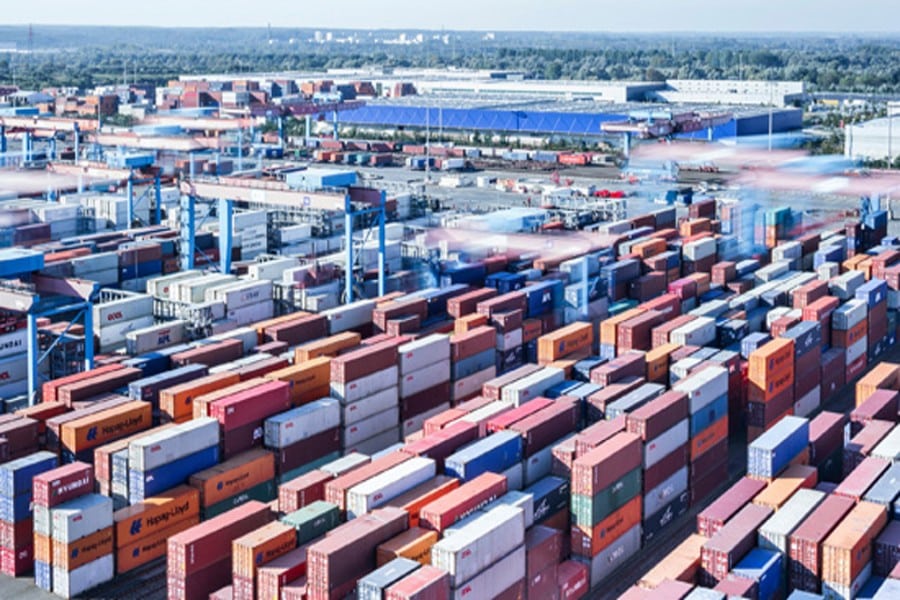Maritime Education Crisis Threatens Bangladesh’s Trade

At a recent seminar hosted by the Centre for Bay of Bengal Studies (CBoBS) at Independent University, Bangladesh, a critical analysis revealed a significant gap in maritime education that hampers the country’s socio-economic development. The speaker emphasized that without a robust knowledge base in maritime trade, Bangladesh risks stagnation in various sectors. This lack of understanding extends beyond seafarers to the media and public, particularly evident in the ongoing discussions surrounding the Chittagong port tariff adjustments.
Understanding the Maritime Landscape
Maritime shipping is one of the most internationalized trades, deeply influenced by global events and geopolitics. The costs associated with shipping are determined by various factors, not solely by port tariffs, which are often misrepresented. Many developing nations, including Bangladesh, subsidize port expenses, leading to discrepancies in tariff structures compared to other countries. This situation has been exacerbated by rapid advancements in shipping technology since the 1990s, including containerization and digitization. However, many countries have struggled to keep pace due to inadequate infrastructure and a shortage of skilled personnel.
As a result, global shipping companies often exploit their dominant market position, imposing unjustified surcharges. The recent revision of the Chittagong port tariff has been deemed overdue, as business costs have surged over the past 39 years, while port tariffs remained unchanged. The speaker conducted a detailed assessment of the tariff impacts on various vessels, revealing that the increases are minimal and unlikely to significantly affect trade costs. For instance, the port cost for a break-bulk vessel increased by only $1.50 per freight tonne, while container feeder vessels saw a rise of $2.75 per TEU. Such increments are negligible compared to the overall costs of shipping and trade.
Challenges and Recommendations for Future Growth
The speaker criticized the Chittagong Port Authority for failing to communicate effectively with the public, allowing misinformation about the tariff increase to proliferate. He pointed out that the real issue lies in the dominance of global shipping cartels, which smaller economies struggle to negotiate against. To enhance bargaining power, Bangladesh needs to focus on building a national fleet that includes container feeder vessels, rather than solely bulk carriers.
14 ship-breaking yards receive green shipyard certificates, few in pipeline
Additionally, the management of the Bangladesh Shipping Corporation (BSC) has been criticized for its decision to purchase Chinese-built vessels, which will incur additional fees under new regulations. This oversight highlights the need for strategic planning in vessel procurement to avoid unnecessary costs. The proposed container terminal at Laldia, Chittagong, presents an opportunity for the BSC to invest in gearless cellular vessels, which are more cost-effective and better suited for the international liner trade.
Addressing the maritime education deficit and making informed decisions in shipping logistics are crucial for Bangladesh’s economic growth. By enhancing its maritime capabilities, the country can improve its position in global trade and better navigate the complexities of the shipping industry.
